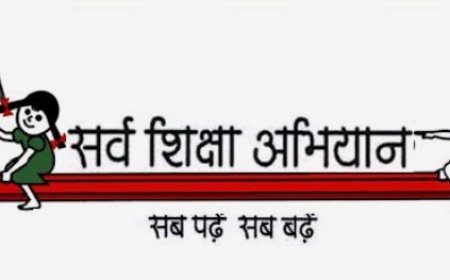India's Electric Bus Revolution: The PM eBus Sewa Scheme
A Cleaner and Greener Solution for India's Cities

The Indian government launched the PM eBus Sewa program to encourage the usage of electric buses for public transit. Below is a summary of the main points:
Main Goal:By using electric buses, the main objective is to enhance urban public transportation while lowering pollution and reliance on fossil fuels. It is an effort to create transportation networks that are more sustainable and clean.

Important attributes:
Electric Bus Deployment: The program's main goal is to install electric buses in cities all around the nation. This entails purchasing buses and establishing the required infrastructure for charging.
Model of Public-Private Partnership (PPP): The program usually employs a PPP approach, in which the government offers financial assistance and incentives while private operators manage the electric bus services.
Financial help:To make the adoption of electric buses more financially feasible, the government offers financial help and subsidies to private operators and state transportation projects. This can involve funding for the construction of charging infrastructure as well as capital and operating subsidies.
Cities in Focus: The program mainly targets large cities with high pollution levels and extensive public transportation systems.
The infrastructure for charging: The construction of charging infrastructure, such as charging stations and associated services, is an essential component of the plan in order to facilitate the operation of electric buses.

Advantages:
Decreased Pollution: Electric buses emit no tailpipe emissions, which improves air quality and public health in urban areas.
Lower Operating Costs: Because they require less fuel and maintenance than diesel buses, electric buses generally have lower operating costs.
Energy Security:By lowering reliance on imported fossil fuels, the program helps ensure India's energy security.
Sustainable Transportation:The transition to electric buses encourages sustainable urban transportation and aids in reducing climate change.
Modernization of Public Transportation: The program contributes to the modernization of public transportation networks, increasing their effectiveness and commuter comfort.
Implementation:
The nodal ministry in charge of carrying out the PM eBus Sewa program is the Ministry of Heavy Industries. When it comes to choosing locations, acquiring buses, and putting up the required infrastructure, state governments and transportation authorities are crucial.

Present Situation and Upcoming Goals:
Over time, additional cities will be covered by the phased implementation of the PM eBus Sewa plan. In the upcoming years, the government plans to deploy a significant number of electric buses. It is anticipated that the plan will greatly improve India's metropolitan public transportation system and help create a cleaner, greener future.
It is best to consult official government sources, such as the Ministry of Heavy Industries website and news releases, for the most current and comprehensive information regarding the PM eBus Sewa scheme, including the most recent announcements, participating cities, and specific program specifics.










































































































































































































